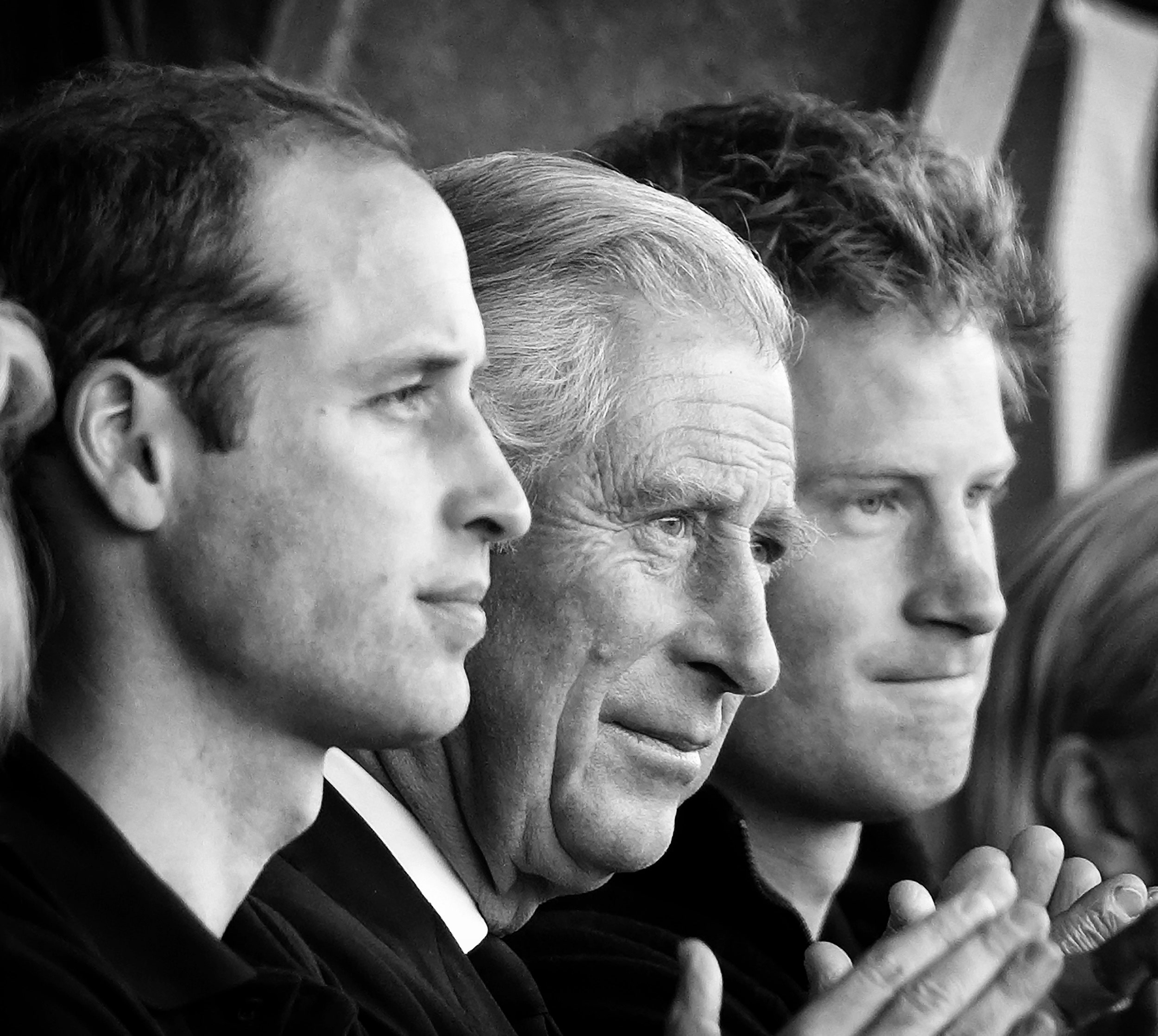In a groundbreaking documentary produced by the Times Insight Team and Channel 4 Dispatches, startling revelations about the British royal family have come to light.
The investigation has unveiled an astonishing 5,000 properties owned by the royals across the UK, along with leases and contracts directly linked to King Charles and Prince William.
These findings expose how they sustain their lavish lifestyles while remaining largely shielded from public scrutiny.
The documentary paints a troubling picture of how the monarchy finances its opulence.
Astonishingly, it appears that both King Charles and Prince William are quietly siphoning millions from various sectors, including the armed forces, the National Health Service (NHS), state schools, charities, and even mining companies.
This revelation raises serious questions about the ethics of their financial dealings, particularly in light of their royal status.
Among the most shocking discoveries is that King Charles is reportedly raking in £11 million over 15 years from renting a warehouse to the NHS.
Meanwhile, Prince William charges the military for training exercises on Dartmoor and has secured a staggering £37 million from the Ministry of Justice over 25 years for prison-related activities.
It’s hard to ignore how these financial arrangements paint the royal family in a less-than-flattering light.
Moreover, the monarchy benefits from a range of feudal-like privileges tied to land seized centuries ago.
They charge for rights that seem almost absurd—crossing rivers, loading cargo, and even operating schools.
Their revenue streams are extensive, encompassing everything from tolls on bridges to fees for mooring boats and renting out public toilets.
The sheer scale of this operation is mind-boggling.
Over the past two decades, the royals have also profited significantly from renting office space in charity buildings at commercial rates.
Organizations like Marie Curie and Macmillan Cancer Support have been paying for space, despite the King being a patron of these charities.
This dual role raises ethical concerns about the royal family’s commitment to the causes they publicly support.
It’s hard not to feel a sense of outrage as the documentary reveals that the royal family seems to be profiting off the very individuals they claim to help.
The notion that they are taking money from the sick and vulnerable, including cancer patients, is particularly disheartening.
This sordid picture of greed and exploitation is hard to digest.
The revelations come on the heels of a previous investigation by The Guardian, which indicated that King Charles was profiting from deceased citizens’ assets.
While that story may have slipped under the radar, the current findings have reignited public interest and anger towards the monarchy.
The narrative of royal privilege and greed continues to unfold, leaving many questioning the future of the institution.
In light of these revelations, some observers express relief that Prince Harry and Meghan Markle have distanced themselves from the royal family.
Their departure is seen as a blessing, especially when considering the mounting evidence of the monarchy’s questionable practices.
Many believe that the Sussexes’ exit has allowed them to pursue a more ethical and independent lifestyle.
A spokesperson for the Duchy of Cornwall defended Prince William’s actions, claiming he is committed to transforming the estate.
However, skepticism abounds regarding his intentions.
Critics argue that if he truly cared about social issues, he would take more tangible steps to assist those in need, rather than simply reaping profits.
Public sentiment is clearly shifting.
Many are voicing their outrage over the monarchy’s behavior, labeling it as a form of leeching and greed.
Comments from social media reflect a growing frustration with the royal family’s perceived exploitation of the British people.
Some even advocate for abolishing the monarchy altogether, citing its failure to provide genuine benefits to the populace.
As the documentary continues to circulate, it’s clear that the monarchy faces significant backlash.
The revelations have sparked discussions about the relevance and future of the royal family in modern Britain.
With public opinion turning against them, the question remains: how will the monarchy respond to this growing tide of discontent?
The fallout from this investigation is likely to linger, leaving the royal family under increased scrutiny.
The public’s memory of these revelations will not easily fade, and many are eager to see whether any accountability will follow.
As the story develops, it seems certain that we will hear more about the royals, especially as they attempt to deflect attention onto other narratives.
In the end, the documentary serves as a stark reminder of the complexities surrounding the British monarchy.
With their privileged position comes a responsibility that many feel the royals have failed to uphold.
The conversation around their role in society is far from over, and it remains to be seen how this will impact the institution going forward.

